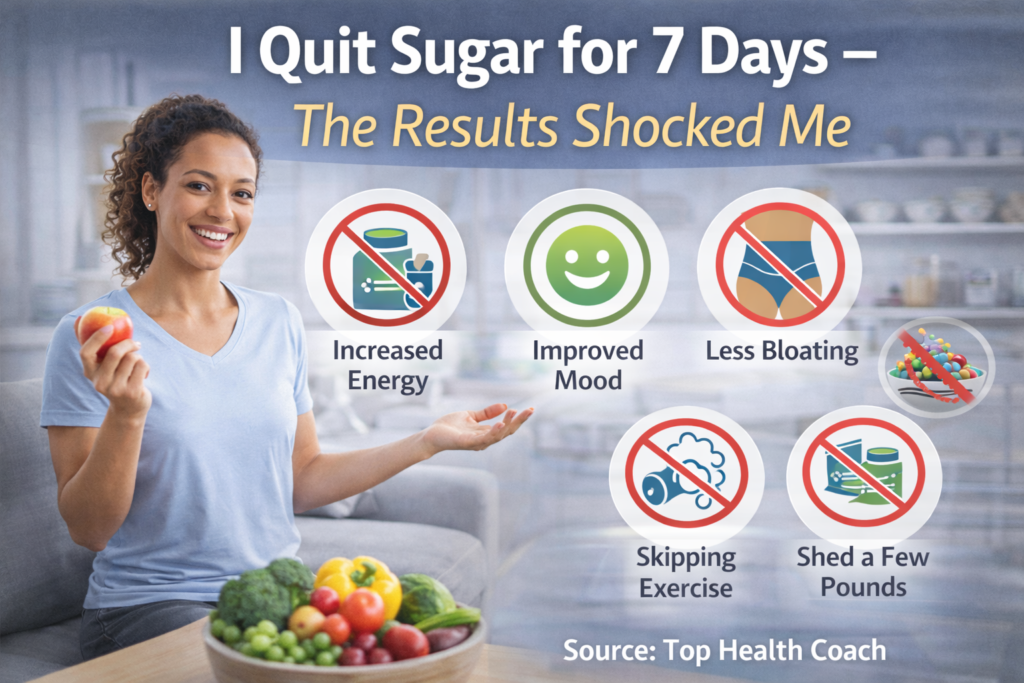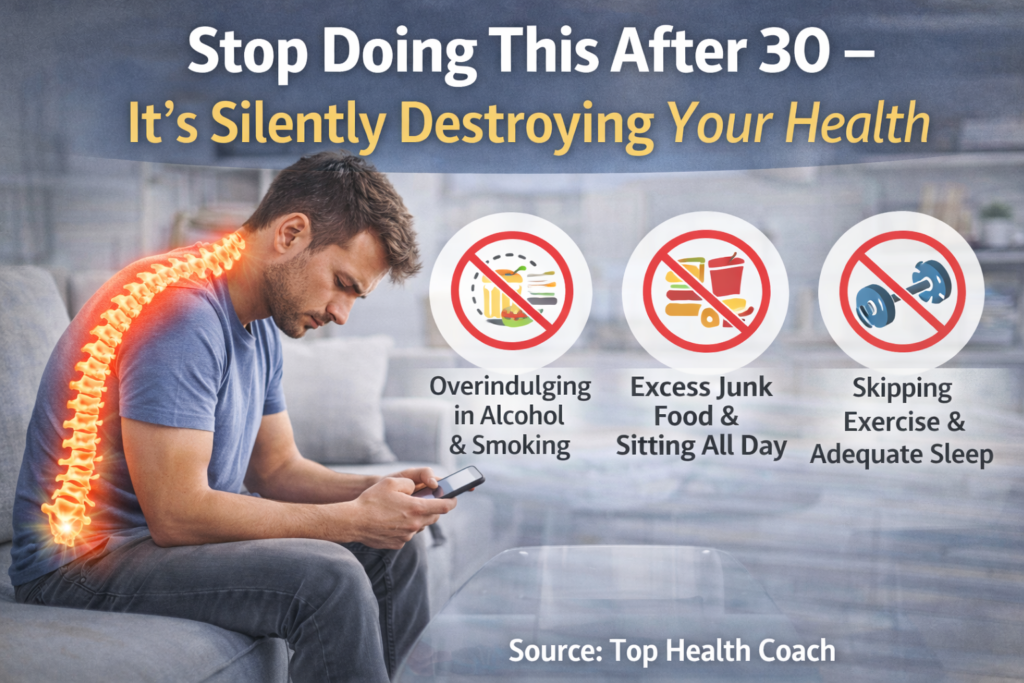Quitting smoking is one of the most significant steps you can take for your health. Whether you’ve been a long-term smoker or just recently started, the decision to quit smoking can drastically improve your quality of life. Many ask, “How to stop smoking immediately?” or “What is the best thing to quit smoking?” The truth is, it requires commitment, strategy, and understanding your triggers.
In this guide, we’ll explore effective methods, natural remedies, supportive products, and expert strategies to help you quit smoking successfully.

Why You Should Quit Smoking
Smoking is linked to numerous health risks including heart disease, lung cancer, stroke, and respiratory illnesses. Understanding the dangers can motivate you to quit smoking today:
- Reduces risk of cancer: Smoking causes various cancers, most commonly lung cancer.
- Improves heart health: Smokers are at a higher risk of heart attacks and high blood pressure.
- Enhances lung function: Quitting smoking improves breathing and reduces the risk of chronic bronchitis and COPD.
- Boosts life expectancy: Smokers who quit before middle age can regain years of life lost due to smoking.
How to Stop Smoking Immediately
Stopping suddenly, or “cold turkey,” is one of the most direct ways to quit smoking. While challenging, many people succeed with proper preparation and support. Here’s how:
- Set a Quit Date: Pick a specific day to stop smoking and prepare mentally.
- Remove Triggers: Dispose of cigarettes, lighters, and ashtrays from your home and workspace.
- Stay Busy: Engage in activities that distract your mind from cravings, such as exercising, cooking, or hobbies.
- Hydrate: Drinking water helps flush out nicotine and reduces withdrawal symptoms.
- Seek Support: Tell family and friends about your decision to quit smoking so they can encourage you.
Quit Smoking Naturally
For those seeking how to stop smoking naturally, several methods can help reduce cravings without medications:
- Herbal remedies: Green tea, ginseng, and valerian root may reduce stress and withdrawal symptoms.
- Deep breathing exercises: Helps manage anxiety and improves lung function.
- Mindfulness meditation: Reduces stress and strengthens your resolve to quit smoking.
- Nicotine-free alternatives: Sugar-free gum, herbal cigarettes, or inhalers can temporarily satisfy oral fixation.
Free Products to Help You Quit Smoking
Many people search for free products to help you quit smoking, and there are several options available online:
- Quit smoking apps with progress tracking
- Online support groups and forums
- Free nicotine replacement therapy samples from healthcare providers
- Educational e-books and guides
These tools can increase your chances of quitting successfully while keeping costs low.
Quit Smoking Medicine and Apps
If you struggle with intense cravings, quit smoking medicine like nicotine patches, gums, lozenges, or prescription medications can help. Many people also use quit smoking app programs that track progress, provide reminders, and offer motivational support.
Combining these approaches with behavioral strategies increases success rates significantly.
Common Side Effects of Quitting Smoking Suddenly
Many people fear the side effects of quitting smoking suddenly. While these effects can be uncomfortable, they are temporary:
- Irritability and mood swings
- Headaches and dizziness
- Increased appetite and weight gain
- Coughing as lungs begin to clear mucus
Understanding these symptoms helps you prepare mentally and reinforces the importance of perseverance.
I Want to Quit Smoking, But I Enjoy It
It’s common to think, “I want to quit smoking, but I enjoy it.” Breaking this habit requires reframing your mindset:
- Focus on the long-term benefits of health and life expectancy
- Replace smoking with enjoyable activities such as exercise, hobbies, or socializing
- Reward yourself for milestones achieved
FAQs About Quitting Smoking
1. What is the best thing to quit smoking?
The best approach combines willpower, behavioral strategies, and support systems. Nicotine replacement therapy (NRT) or medications like varenicline can also improve success rates.
2. What happens when you quit smoking?
Your body begins healing immediately: blood pressure drops, oxygen levels rise, lung function improves, and the risk of heart disease decreases over time.
3. How long does nicotine withdrawal last?
Nicotine withdrawal typically peaks within 2–3 days and may last 2–4 weeks. Symptoms include irritability, cravings, headaches, and difficulty concentrating.
4. What kills smokers the most?
Smoking-related deaths are primarily due to lung cancer, heart disease, stroke, and chronic respiratory illnesses.
5. What can I replace cigarettes with?
Sugar-free gum, herbal cigarettes, deep-breathing exercises, or engaging activities can help replace the habit of smoking.
6. What to do to stop the urge to smoke?
Distraction techniques, chewing gum, drinking water, and practicing mindfulness can reduce the urge.
7. What is the most effective strategy to stop smoking?
A combination of planning, support, nicotine replacement, and behavior modification is the most effective strategy.
8. What helps nicotine withdrawal?
Hydration, exercise, healthy snacks, and NRT products like patches or gum help ease withdrawal symptoms.
9. How to stop smoking immediately?
Commit to a quit date, remove triggers, use distraction techniques, and seek support from friends, family, or support groups.
10. How to stop smoking naturally?
Use herbal remedies, mindfulness, breathing exercises, and lifestyle changes to reduce cravings and support overall health.
Quitting Smoking: Challenges and Solutions
Many people feel that quitting smoking ruined my life due to stress, weight gain, or irritability. While challenges exist, proper planning and support make the process manageable:
- Plan for cravings: Know your triggers and have alternative activities ready.
- Track progress: Seeing milestones can boost motivation.
- Seek professional guidance: Doctors and counselors can provide advice tailored to your needs.
Conclusion
Whether you’re asking yourself, “How to stop smoking immediately?” or exploring natural remedies and free products, quitting smoking is achievable with the right mindset and strategy. Combining behavioral approaches, quit smoking medicine, apps, and lifestyle changes greatly increases your chances of success.
Remember, the decision to quit smoking is a gift to yourself—improving health, extending life, and enhancing quality of life. Every day without cigarettes is a step toward a healthier, happier you.
Start today, stay committed, and use the resources available to make quitting smoking a permanent and rewarding choice.



